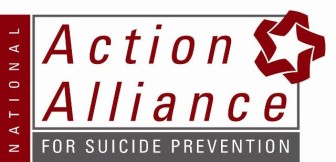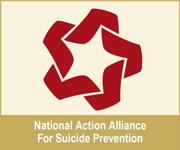 A set of publications three years in the making is out, aiming to help prevent suicide among youth in the juvenile justice system.
A set of publications three years in the making is out, aiming to help prevent suicide among youth in the juvenile justice system.
“Youths who come into corrections, there’s a lot going on in their lives,” that can lead to suicide ideation, attempts, and even death, said Ned Loughran, executive director of the Council of Juvenile Correctional Administrators, and one of the 18 members of the Juvenile Justice System Task Force, an initiative of the National Action Alliance for Suicide Prevention.
What’s now available online is the latest research on suicide in juvenile detention centers, as well as newly-articulated policies to prevent suicide in other points of contact between youths and the system.
About one in three young people who are involved in the juvenile justice system have attempted suicide sometime in their life, according to the Task Force’s literature review.
Loughran’s organization already embraces well-researched suicide prevention programs for youth correction and detention facilities that are built on eight critical components from staff training to mortality reviews.
“Now we’ve expanded it to the whole continuum from arrest to probate to secure detention and non-secure (detention) to aftercare,” said Loughran.
One resource is a set of three fact sheets tailored for court, detention center and probation professionals. The sheets list in simple language statistics about suicide risk and what they can do to help prevent juvenile suicide.
Donald Belau, the director of the Master of Arts in Counseling program at Doane College in Nebraska, another Task Force member, said he and his colleagues looked to a public health model when it comes to getting out the word.
“In a high traffic area people have 10 seconds to pause,” said Belau, and the point is to show them information that “strikes in them a recognition or reflection.”
He continued, “It’s all about managing and reducing behavior that results in self-harm or death …The best way to do that is to get people at the grass roots level aware.”
For more in-depth study, the Task Force also produced reviews of the latest literature and screening tools, and guides to help agencies to collaborate and to design suicide prevention protocols.
One reason putting all the information in one place is important, said Loughran, is turnover in juvenile justice agencies, as well as a common state practice of appointing someone from outside the juvenile justice community to run the agencies.
“Many of them have a steep learning curve,” said Loughran, who’s also a previous commissioner of the Massachusetts Department of Youth Services. “This is such a life and death issue, this is something they need to be vigilant about.”
